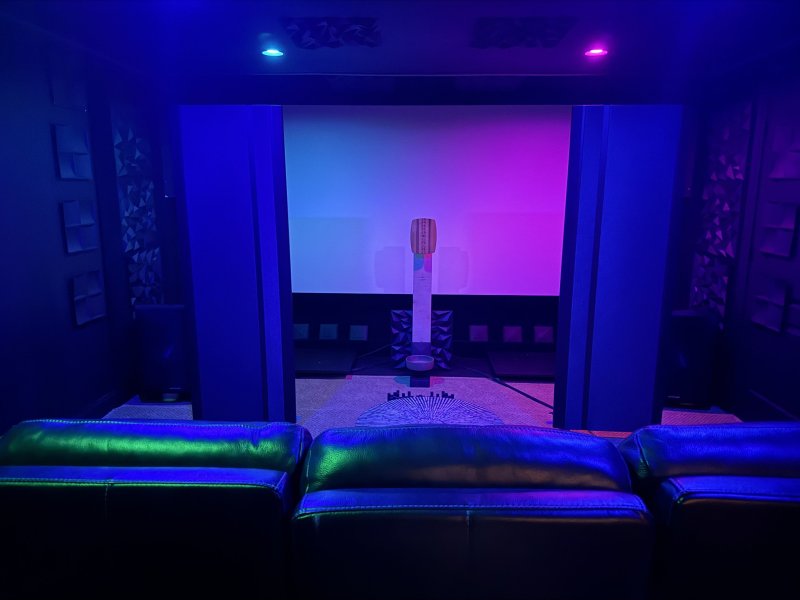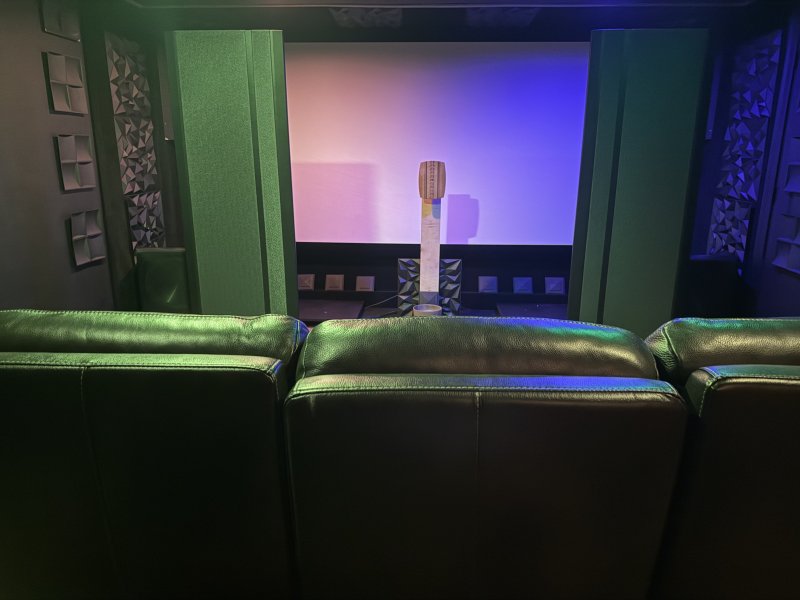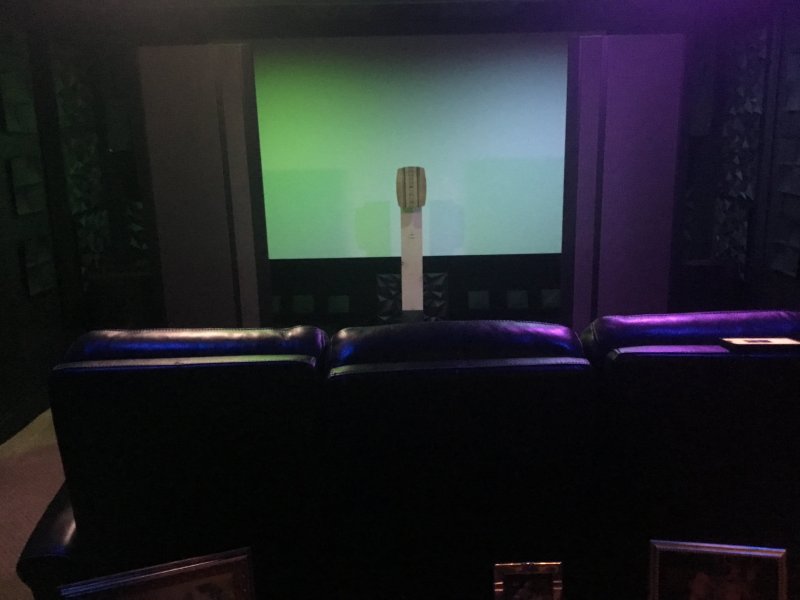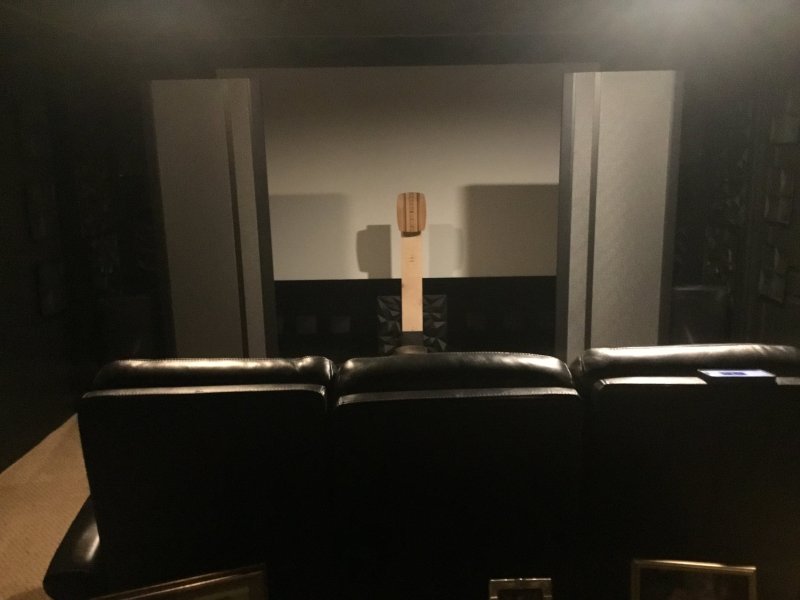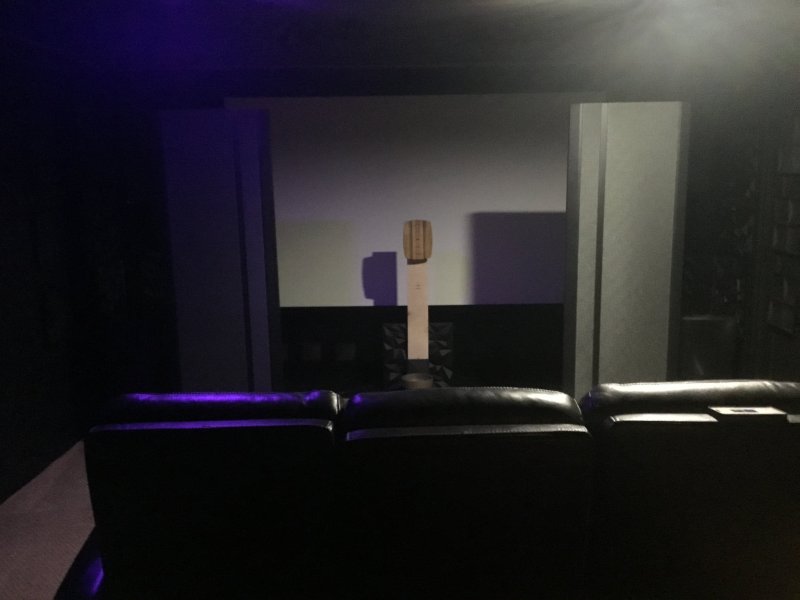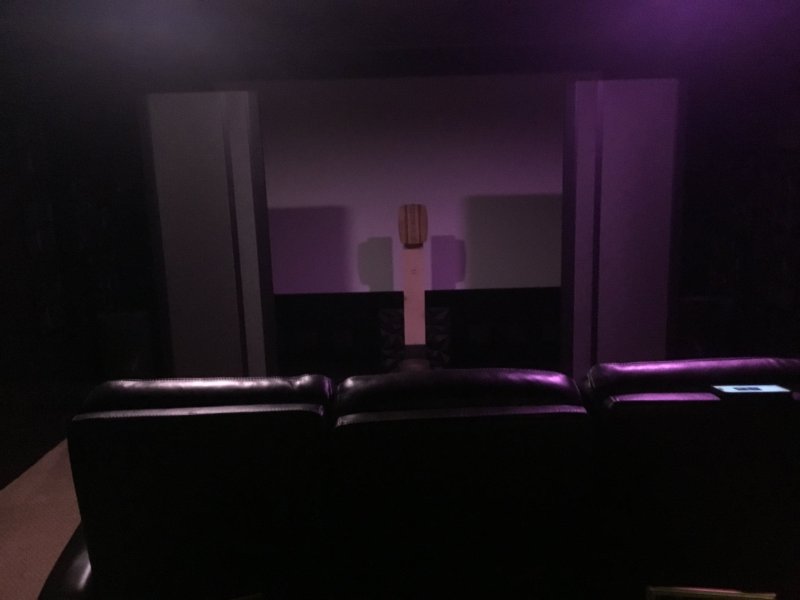That's why you need time to do it properly to acquire a stable understanding across your varying moods and states. There is the need to live with both products across days to understand their sonics and ergonomics.
When I do a formal product review I will take 2-4 weeks to research the product -- knowledge, book-learning. I try to learn everything I can from the manufacturer, understand how it works, what is special about its features, options etc. During that time I use the product to get it burned-in, only listening to it at intervals to gauge the burn-in progress.
Then I will take somewhere between 4-6 weeks using it in my system at 1 - 4 hrs a day. I take notes during each listening session. I re-listen to recordings to compare my notes from, say, a couple weeks ago. Typically, the compared-to product is something I already have and know well. I will spend at least two weeks doing listening comparisons, again taking notes as I go. Then I write.








